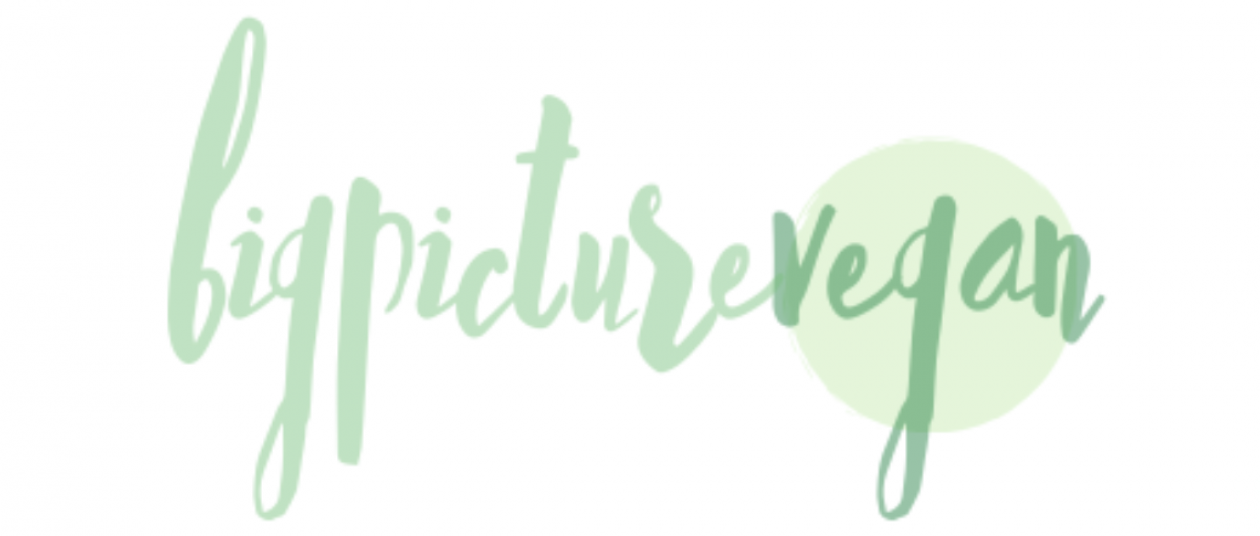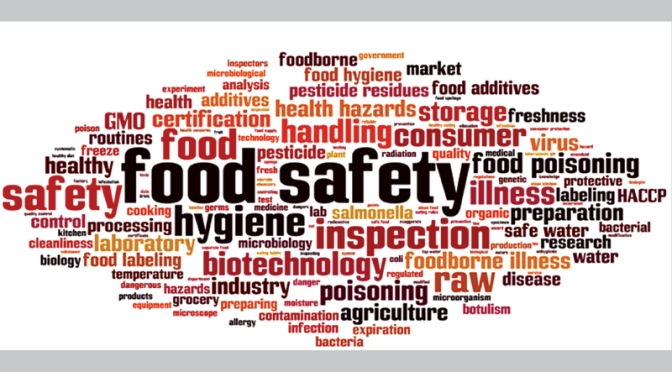COVID-19 – Time to eat and build a plant-based future!
By now I am sure you have heard about novel Coronavirus (the cause of COVID-19), an infectious disease caused by a new strain of virus related to the common cold, with global implications. As the toilet paper vanishes and grocery stores empty, it is time to explore where viruses like this are born and review the larger impacts of COVID-19 on our food system, supply chain, and future practices.
One of the biggest obstacles to our health and safety is Diet Literacy. No, that doesn’t mean which diet is going to make you thin or jacked, but it does mean that most people have no idea about the food they eat: where it comes from, who makes/grows it, how its packaged, or what hitch-hiking bugs may be along for the ride. The following article is a compilation of insights and professional expertise I developed to send to the media and communicate with public policy officials in the first week of the US wave of the outbreak. In an interest to bring people into that knowledge base, I have expanded upon these ideas and linked to resources at the bottom. Please reach out for more info!
The Beginning
What if I told you we could have prevented this outbreak? And, well, that most viruses could have actually been stopped if we did not consume animals. If you look at the origin of many viruses, most have to do with animal agriculture and the practice of raising animals for food and labor. It is suspected that COVID-19 came from the transition of exotic animal consumption with a multi-step transition (presumed to be a bat to pangolins to humans). A quick review of a recent pandemic SARS-CoV in 2003, we can see a similar transmission pattern with an impact of more than 8,000 people in 26 countries. In addition, those living in close proximity to processing factories as in coastal receiving centers for imports such as Seattle, LA, San Diego, and New Jersey, and even those who have backyard chickens have a higher risk of possible infection. We could potentially limit future impact by transitioning to plant-based diets with the reduction of transmission density and high concentration of animals as hosts to these deadly viruses.

Importing our Food:
Most foods, including many animal products, have strict regulations and require detailed inspections upon arrival to their destination. Given the recent virus, the Food and Drug Administration (FDA) has postponed the release of many imported foods to the United States banning imports from certain countries, makers, or food types, and in other cases  applying new inspection standards. Many food goods may possibly be missing from the selves due to delayed entry specifically products including meat, dairy and eggs– and some plant-based analogues regardless of origin are being inspected in a similar way to their animal product counterparts, in some cases causing stocking delays and financial burdens to start-up companies. Due to lockdowns in Italy, France, and Spain, many imported products will also not be available. As health and safety are incredibly important, a more detailed safety process for imported goods will be enforced. For those who are plant-based, we are not immune to these more strict strategy guidelines but it is likely we will have more options from importation as these products are lower risk for viral transmission. With borders closing, tofu is your best option as domestic production is likely to be strong, and make-at-home possibilities exist. Supporting companies with domestic packaging, formulation, and distribution will be a key market need through the crisis, and enabling companies with prior overseas production to start manufacturing domestically (and sourcing ingredients domestically when possible) will be an ongoing obstacle.
applying new inspection standards. Many food goods may possibly be missing from the selves due to delayed entry specifically products including meat, dairy and eggs– and some plant-based analogues regardless of origin are being inspected in a similar way to their animal product counterparts, in some cases causing stocking delays and financial burdens to start-up companies. Due to lockdowns in Italy, France, and Spain, many imported products will also not be available. As health and safety are incredibly important, a more detailed safety process for imported goods will be enforced. For those who are plant-based, we are not immune to these more strict strategy guidelines but it is likely we will have more options from importation as these products are lower risk for viral transmission. With borders closing, tofu is your best option as domestic production is likely to be strong, and make-at-home possibilities exist. Supporting companies with domestic packaging, formulation, and distribution will be a key market need through the crisis, and enabling companies with prior overseas production to start manufacturing domestically (and sourcing ingredients domestically when possible) will be an ongoing obstacle.
Corporate Advantages to Beware:
Despite the fact that many United States corporations produce food locally, many corporations rely on production and manufacture processes in China. For example, one of the biggest corporations, Tyson foods, who raises some chicken in the US has been granted special permissions that allow for the importation of processed chicken using Chinese facilities despite concerns for restricted borders. Adding to the cause for alarm, China has decided to source JUST EGG, a plant-based alternative egg product, as an approach to lowering risk of using animal based products, which potentially have a higher chance of harboring a virus. Understanding the current political pressures from major companies and the lax attitude of the current public health standards in the US will be an ongoing source of anxiety and risk potential to all populations. Since the first outbreak, Chinese origin or manufacture is no longer the key concern, and it is still unclear how long the virus can stay transmissible in packaged goods and under what conditions it is destroyed or merely dormant.

Changing Practices:
As this virus takes full effect, it is important to evaluate our current structure and ways for improving Good Manufacturing Practices (GMPs) that are developed for food manufacturing facilities to ensure health and safety, but when considering a novel virus with little understood parameters additional measures should be added. The first and most important measure to consider is a proviso to have health and safety standards for employees extend beyond fever/symptom, but also include travel history and segmented working spaces, additional physical barriers for food production lines and rotating shifts of workers that allows gap days in between work to monitor for possible symptoms  development tied to batch number. Restaurants have established new training tools for staff in food service to minimize contact and increase cleanliness. The frequency of washing your hands has been amplified as well as surface cleaning, while the food service industry braces for it’s biggest hit in our lifetime, the delivery methods and safety practices will have to be developed. No prior attention to exteriors of Food Packaging was previously part of HACCP or delivery procedures. Best practices for To-Go and Delivery to reduce disease transmission will be a crucial new SOP to explore. Some good news for the industry is that food delivery services such as UberEats and GrubHub have waived their delivery fee to restaurants to help with this transition.
development tied to batch number. Restaurants have established new training tools for staff in food service to minimize contact and increase cleanliness. The frequency of washing your hands has been amplified as well as surface cleaning, while the food service industry braces for it’s biggest hit in our lifetime, the delivery methods and safety practices will have to be developed. No prior attention to exteriors of Food Packaging was previously part of HACCP or delivery procedures. Best practices for To-Go and Delivery to reduce disease transmission will be a crucial new SOP to explore. Some good news for the industry is that food delivery services such as UberEats and GrubHub have waived their delivery fee to restaurants to help with this transition.
The Future:
So if we want to join the list of the many reasons to go vegan, that eliminating animal agriculture can possibly prevent viruses like this we will need more and more frequent answers to questions like where can I get my protein?

A whole food plant based diet can give you all the essential proteins, fats, carbohydrates and to keep you healthy. There are many amazing options currently available, but unfortunately industry events with some of the most exciting new products won’t be happening, such as the cancellation of Expo West, the largest natural food show in the country. So you might have to wait for the launch of some innovative foods, but new online marketplaces, announcements and exchanges are popping up. Miyoko’s new NUT FREE cheese hits shelves in April 2020, for example. Let’s stay at home, monitor the vegan food news and protect ourselves and change the future with plant based nutrition.

https://www.who.int/ith/diseases/sars/en/
https://www.fda.gov/news-events/press-announcements/coronavirus-covid-19-supply-chain-update
https://www.cnbc.com/2020/03/16/coronavirus-uber-delivering-free-meals-to-healthcare-workers.html


